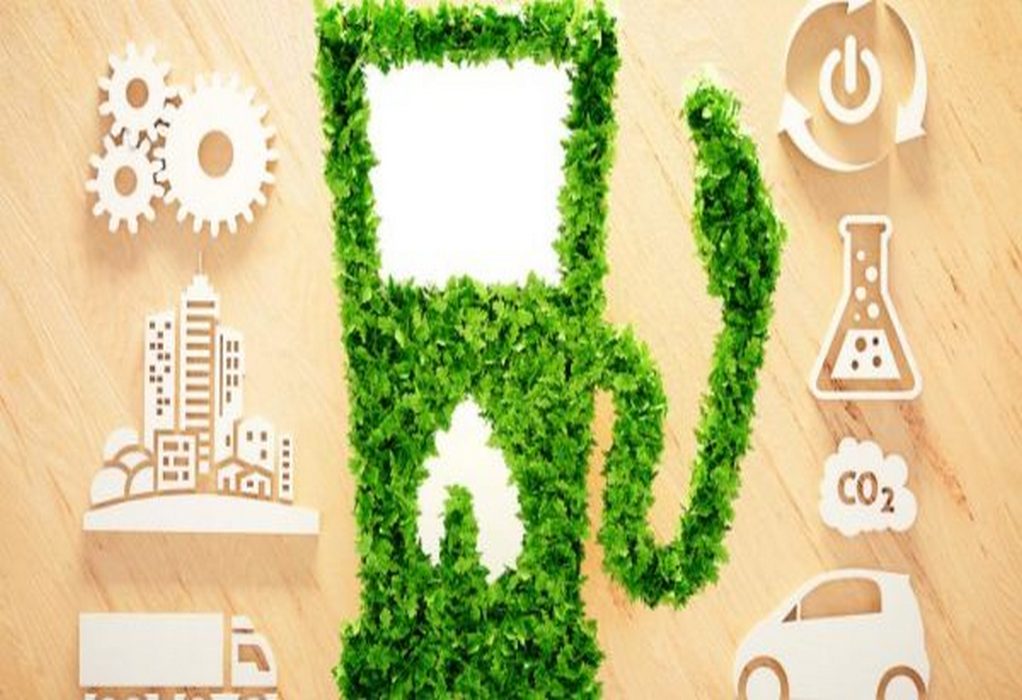Bureau Veritas (BV) has launched a detailed outlook on future maritime fuels in a new 85-page white paper, which calls for a well-to-wake (WtW) approach to assessing the climate impact and sustainability of alternative fuels.
This is one of the key conclusions of the white paper, which evaluates alternative fuels such as methanol, LNG, biofuels, hydrogen and ammonia, outlining their respective characteristics, advantages, challenges, availability, safety, and greenhouse gas (GHG) emissions, and features very clear, detailed charts on the emissions potential from each of today’s frontrunners in the future fuels race. The study also shows how shipping’s cargo mix will change once the world weens itself off fossil fuels.
A well-to-wake approach accounts for all GHG emissions released from the extraction or production phase, the distribution of the fuel, through to the final use onboard vessels, as opposed to just the emissions resulting from combustion onboard.
Taking the WtW approach is important as legislators will increasingly be looking at energy use through this lens.
The upcoming FuelEU Maritime in Europe, for instance, breaks boundaries by considering GHG emissions on a WtW basis.
Tags: Alternative Fuels, BV, Future Fuels, Methanol, WtW



Recent Posts
DNV Grants Approval in Principle for New Ammonia Bunkering Vessel Design
Proteus Launches Modular Hydrogen Fuel Cell System for Maritime Sector
Van Oord Unveils Boreas, World’s Largest and Most Sustainable Offshore Wind Installation Vessel
New methanol-fuelled vessel ‘Berlin Maersk’ to enter service
NMPA wins greentech global environment award
CMA CGM in negotiations with Indian shipyards for LNG-powered shipbuilding
L&T to Develop Green Hydrogen and Ammonia Projects in Kandla
Pan Ocean Orders Two Eco-Ready VLCCs from HD Hyundai Heavy Industries